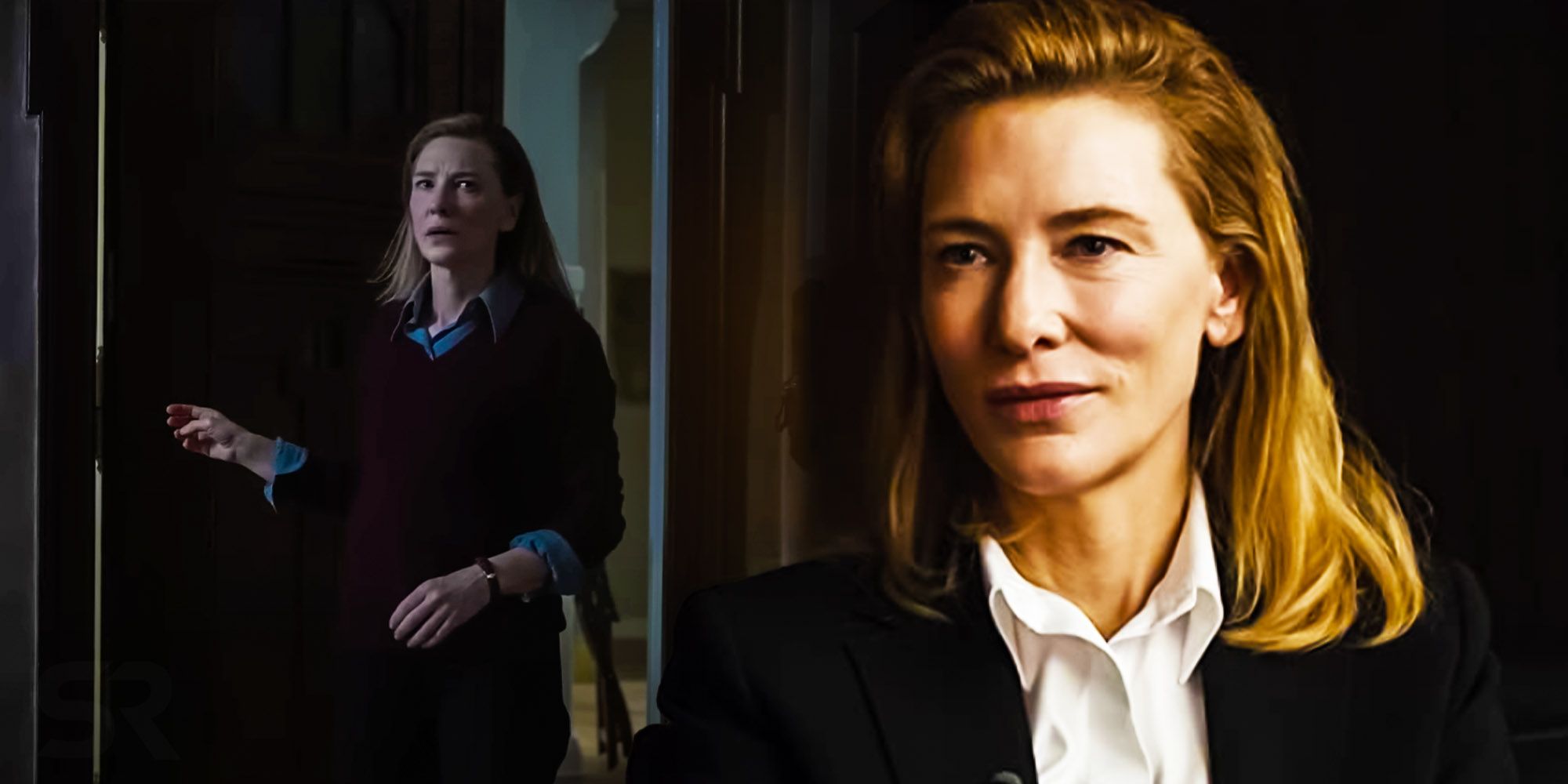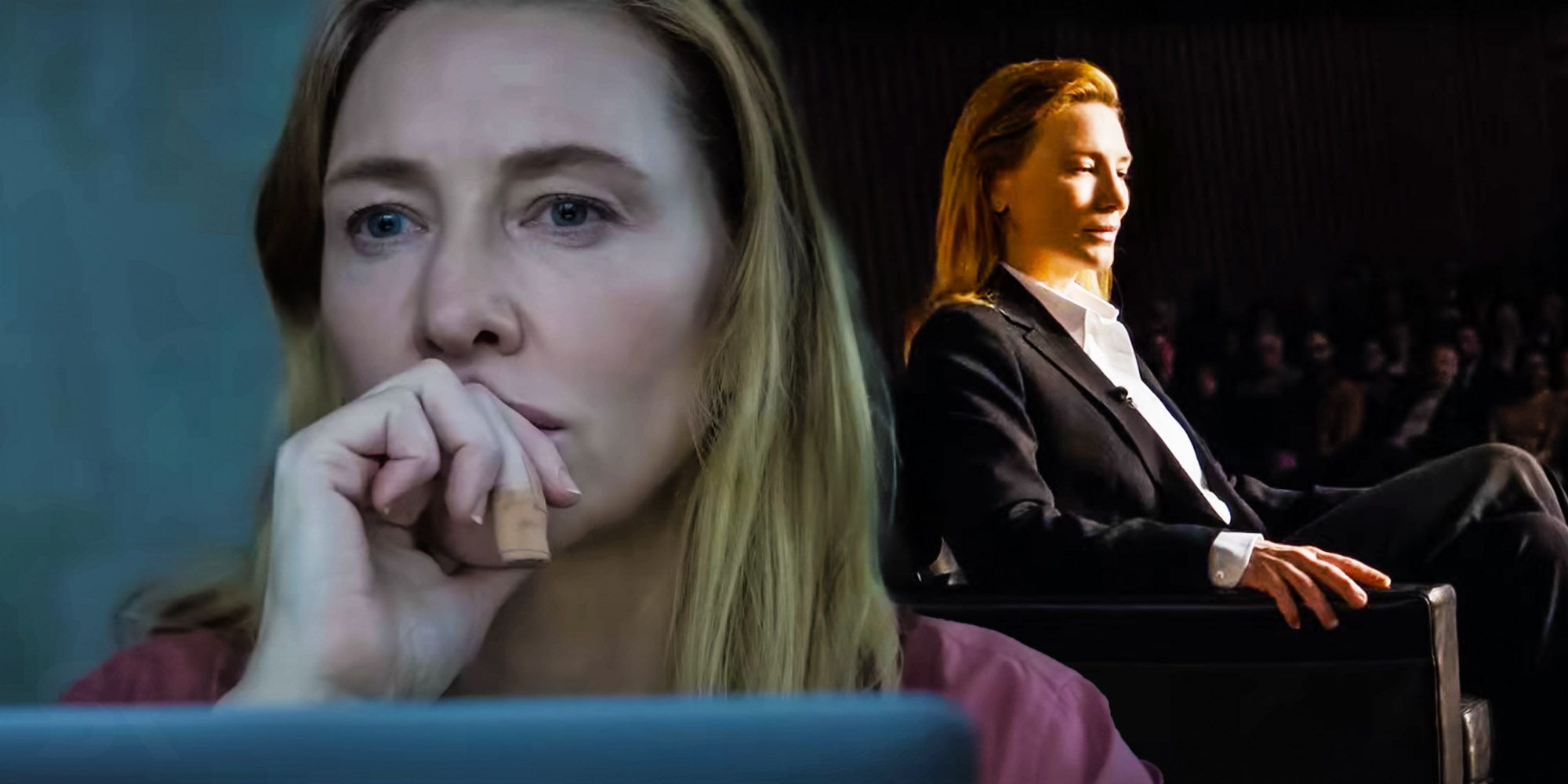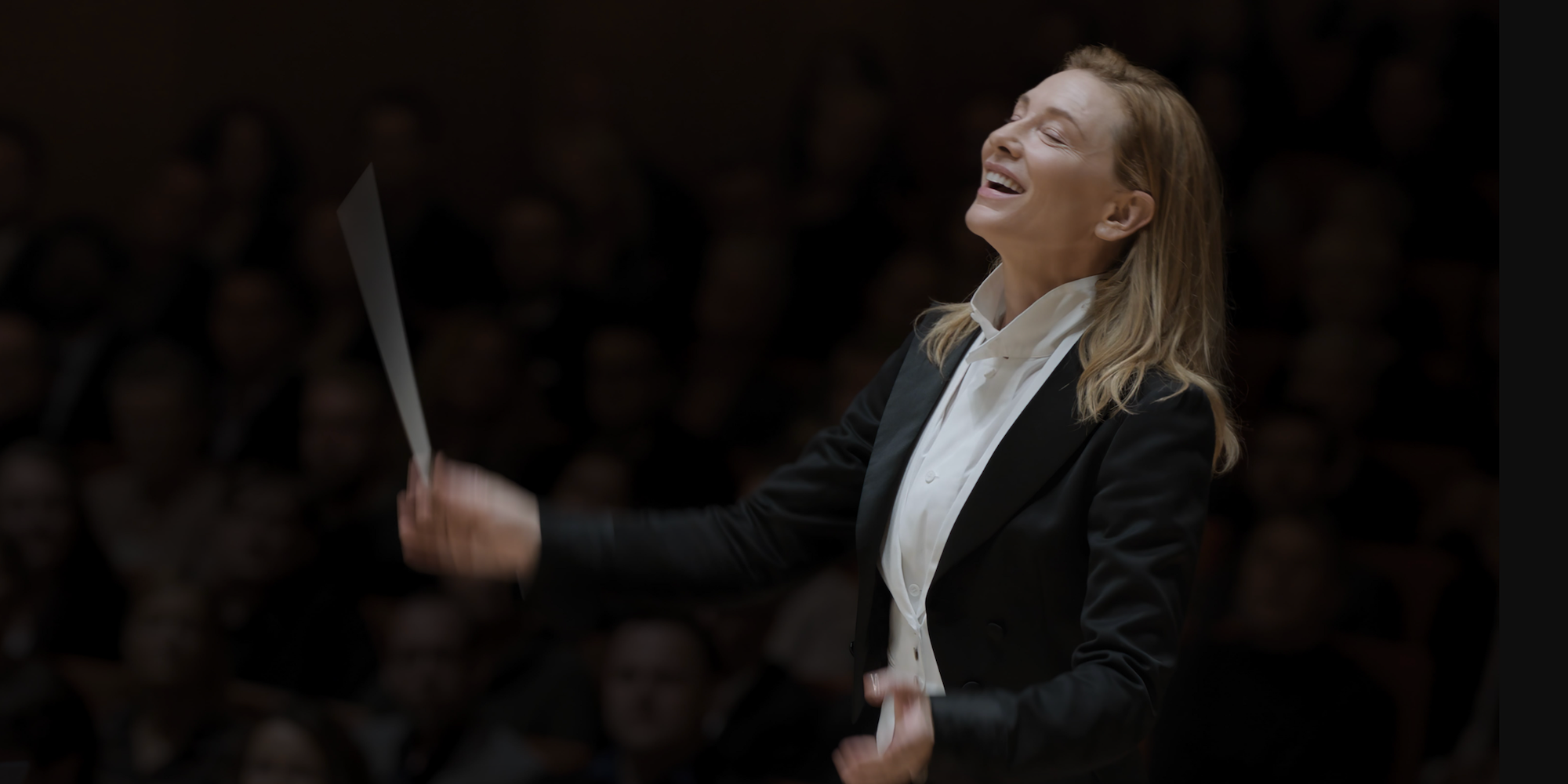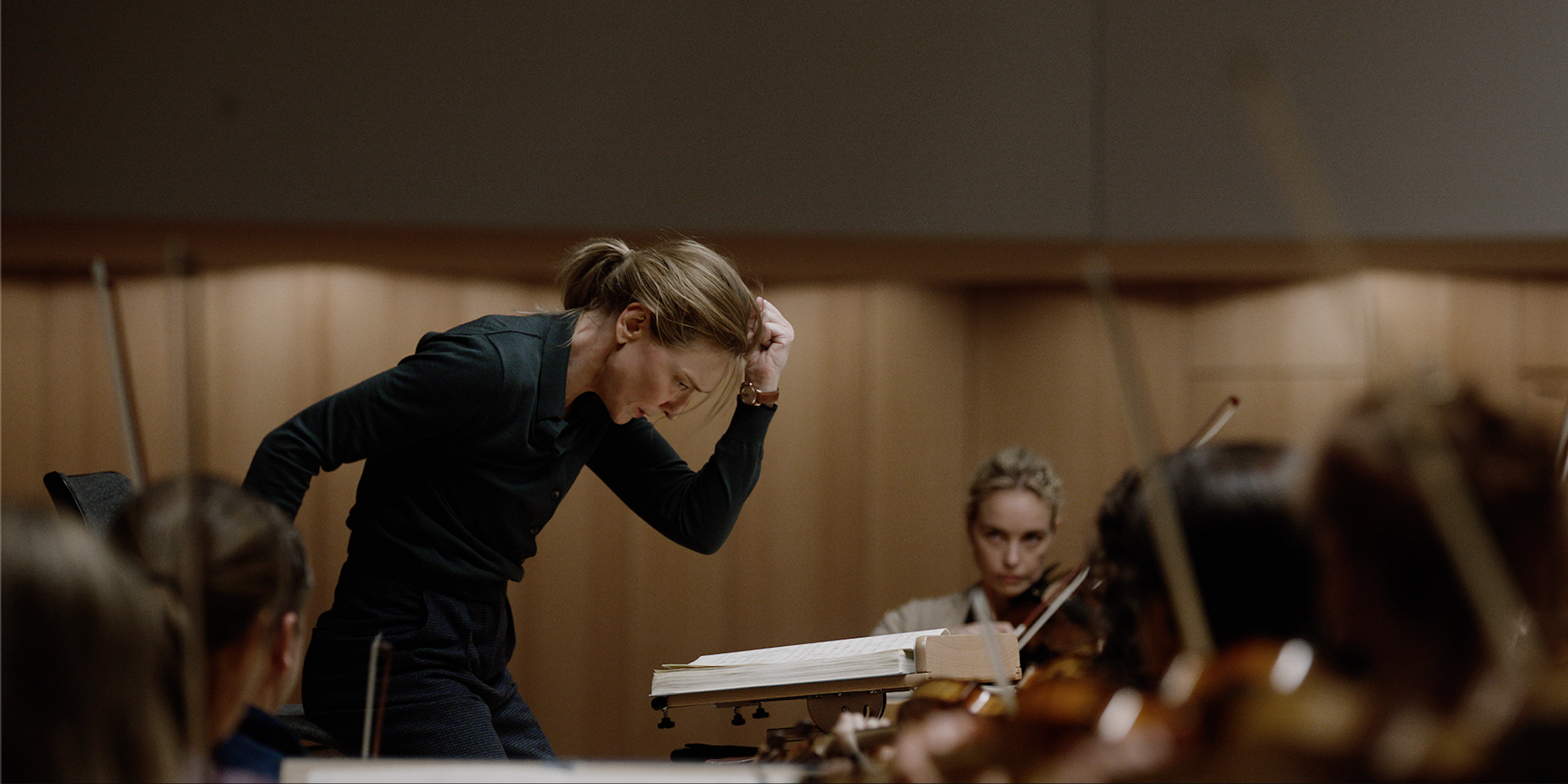While it's up for 6 Oscars at the 95th Academy awards, Todd Field's award-storming 2022 movie provides such an in-depth look at its title character that it's not always clear whether Tár is based on a true story. Cate Blanchett's portrayal of the conductor Lydia Tár certainly helps to lend an air of verisimilitude to the sometimes shocking tale. As Tár interrogates many cultural questions surrounding sexual politics and the misuse of power, such relevant topics of today, it's easy to assume that Tár is a true story.
Tár's opening scene, in which a real New Yorker journalist recites Lydia's long list of musical achievements, immerses a viewer into the main character's world by highlighting how she is at the pinnacle of her career. With what follows, Cate Blanchett gradually turns Lydia Tár into a three-dimensional character by adding many complex layers of contradiction and corruption to her narrative. With all of these gripping revelations surrounding Lydia's storyline, Tár seems more like a biopic than a work of fiction. Owing to this, it is hard not to wonder whether the blurry lines between reality and fiction have real-life inspirations.
Tár Is Not Based On A Real Person
Even though Lydia's fall from grace in Tár seems real, the movie is not based on a real orchestra conductor's life. However, it is easy to be tricked by Tár's marketing and demeanor that ingeniously sell it as a biopic of this fictional character. It feels similar to the way the Coen Brothers used the opening text to claim Fargo was based on true events despite it being completely made up. Even Tár's official plot synopsis (via Letterboxd) — "set in the international world of classical music, centers on Lydia Tár, widely considered one of the greatest living composer/conductors and first-ever female chief conductor of a major German orchestra" — suggests a real artist's biopic, propagating the movie as an orchestra conductor's biography.
In all of its deceptive realism though, Tár does draw inspiration from the real world. For instance, as director Todd Field explained in an interview (via Vanity Fair), the Julliard scene, where Lydia criticizes a student, parallels the director's experiences from a brutal film school class. The impetus behind the scene, as Field recalled, also comes from a universal conundrum: "What would your older self tell your younger self?" In another interview (via AwardsWatch), Field talked extensively about how he took guidance from a music conductor, John Mauceri, which explains why the 2023 Best Picture Oscar nominee's depiction of music direction stays so close to reality.
Why Tár Is Marketed Like A Biopic
Even Wikipedia had a page dedicated to the figure of Lydia Tár (via The Cut) but it was later relocated to be a part of the movie's main page. All these provisions made to sell Tár as a true story suggest that it was intentionally marketed as a biopic to initially lure viewers and later keep them invested in Lydia's turbulent narrative. Considering Cate Blanchett's brilliant performance and Todd Field's directorial forte, Tár likely would have garnered critical acclaim even without all the marketing gimmicks. However, Tár's illusive true-story motifs evoke a viewer's curiosity and serve as a window to the real world.
Tár's Realism Led To Acclaim And Awards Recognition
The fact that people see Tár as a true story makes the movie's acclaim and Oscar nomination not overly surprising. Looking at Cate Blanchett's performance, which has earned her an Oscar nomination for Best Actress following her Golden Globe win, it feels so based in reality that it is surprising the actor isn't drawing from a real person. Her confidence in front of an orchestra compared to her social awkwardness at times in everyday life feels authentic, as does her distinct voice and angry arrogance bubbling under the surface. Some of Blanchett's roles embrace her as a commanding presence, but this performance feels grounded in something real.
The movie itself, which has been nominated for Best Director and Best Picture, mirrors the realism of Blanchett's performance. It feels like the audience is following the gradual fall from grace without theatrical and manufactured moments. It is not hard to accept as a true story as it is a story the public is very familiar with by now. However, while Todd Field's screenplay is nominated for Best Original Screenplay, it avoids big payoffs with Tár's ending feeling believable in how it does not leave the story easily resolved. In the approach to this very grounded story, Tár captures a certain truth even if it is all fiction.




